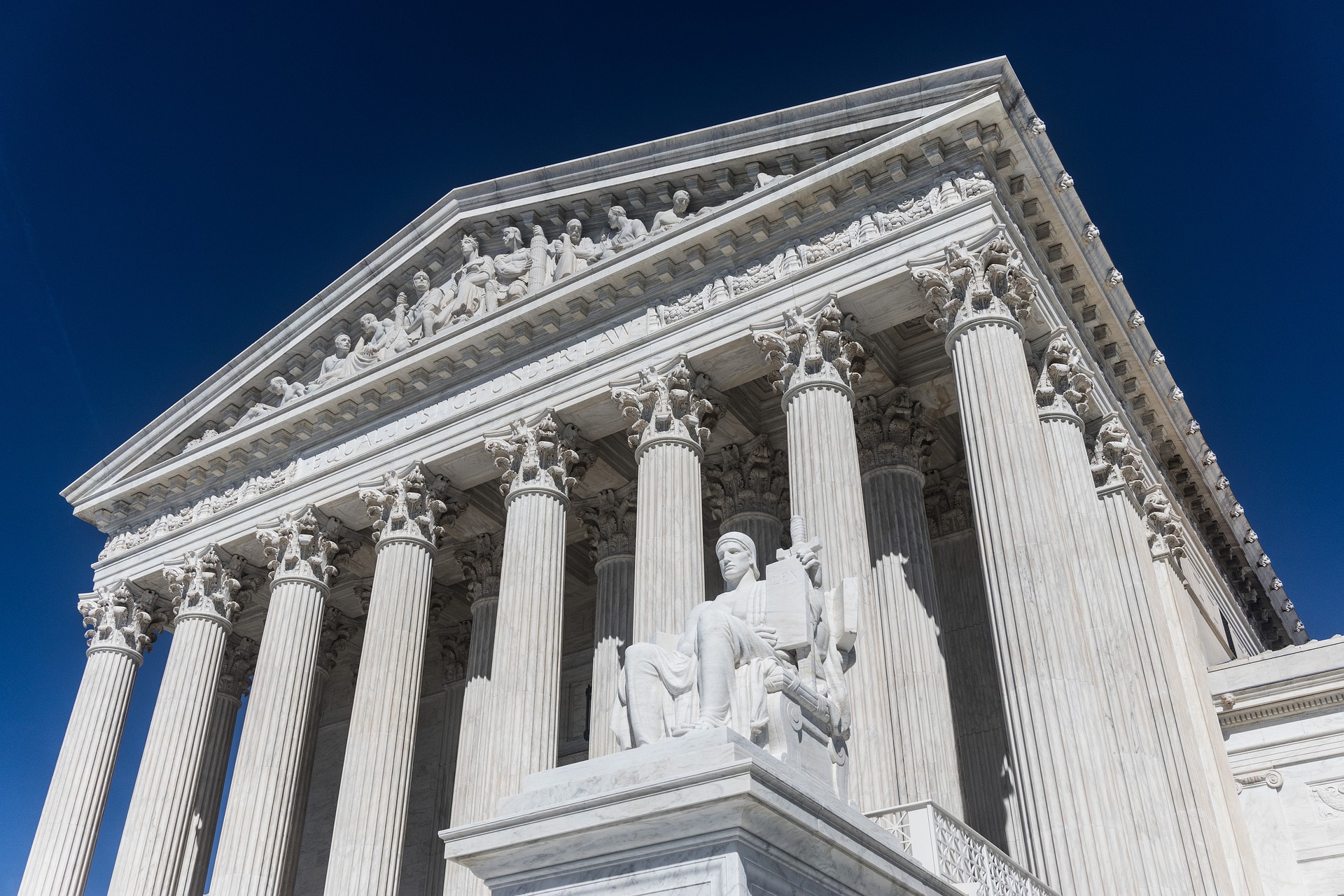The Evolving Landscape of Tribal Sovereignty in U.S. Law
Introduction: The intricate relationship between Native American tribes and the U.S. government has long been a subject of legal complexity and ongoing debate. This article delves into the evolving landscape of tribal sovereignty, examining recent legal developments and their far-reaching implications for both tribal nations and American jurisprudence.

The Marshall Trilogy and Its Lasting Impact
Chief Justice John Marshall’s three seminal cases, known as the Marshall Trilogy, laid the foundation for federal Indian law. These cases – Johnson v. M’Intosh (1823), Cherokee Nation v. Georgia (1831), and Worcester v. Georgia (1832) – established key principles that continue to influence tribal sovereignty today. The trilogy defined tribes as domestic dependent nations, introduced the trust responsibility of the federal government, and affirmed tribal sovereignty while simultaneously limiting it. These rulings have had a lasting impact on the legal status of tribes and continue to shape contemporary interpretations of tribal sovereignty.
Recent Supreme Court Decisions and Their Implications
In recent years, the Supreme Court has issued several significant rulings that have further defined the boundaries of tribal sovereignty. The 2020 decision in McGirt v. Oklahoma dramatically expanded the recognition of tribal jurisdiction in eastern Oklahoma, affirming that much of the state remains Indian country for purposes of federal criminal law. This landmark ruling has far-reaching implications for criminal jurisdiction, civil regulatory authority, and even taxation within tribal lands.
The Complexities of Concurrent Jurisdiction
One of the most challenging aspects of tribal sovereignty is the issue of concurrent jurisdiction. In many cases, tribal, state, and federal authorities may all claim some level of jurisdiction over matters occurring on tribal lands or involving tribal members. This overlapping authority can lead to conflicts and confusion, particularly in areas such as law enforcement, environmental regulation, and economic development. Recent legal developments have sought to clarify these jurisdictional issues, but many complexities remain unresolved.
Economic Development and Tribal Sovereignty
Tribal sovereignty plays a crucial role in economic development for Native American communities. The ability to regulate business activities, collect taxes, and manage natural resources on tribal lands is fundamental to tribal self-sufficiency. Recent legal developments have expanded tribal authority in areas such as gaming, energy development, and cannabis regulation. However, challenges remain, particularly in navigating the complex interplay between tribal, state, and federal regulations in these emerging industries.
The Future of Tribal Sovereignty
As Native American tribes continue to assert their sovereign rights and build economic capacity, the legal landscape of tribal sovereignty is likely to evolve further. Emerging issues such as data sovereignty, cryptocurrency regulation, and climate change adaptation present new challenges and opportunities for tribal governments. The ongoing dialogue between tribes, states, and the federal government will shape the future of tribal sovereignty, with potential implications for federalism, constitutional law, and the broader American legal system.
In conclusion, the evolving landscape of tribal sovereignty in U.S. law reflects the dynamic nature of this complex legal doctrine. Recent court decisions and legislative actions have both expanded and clarified tribal authority in various domains. As Native American tribes continue to navigate their unique legal status within the American federal system, the principles of tribal sovereignty will undoubtedly face new tests and interpretations. Understanding these developments is crucial not only for those directly involved in Indian law but for anyone seeking to comprehend the full breadth of American jurisprudence and governance.






